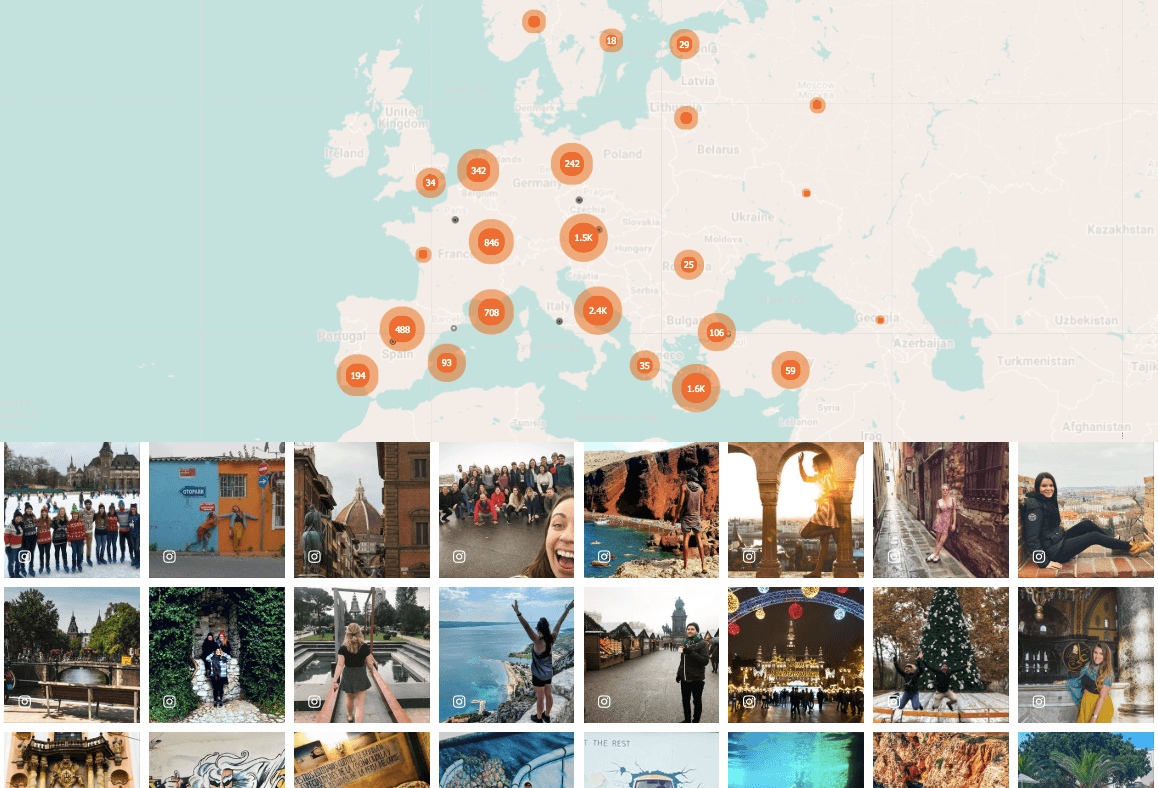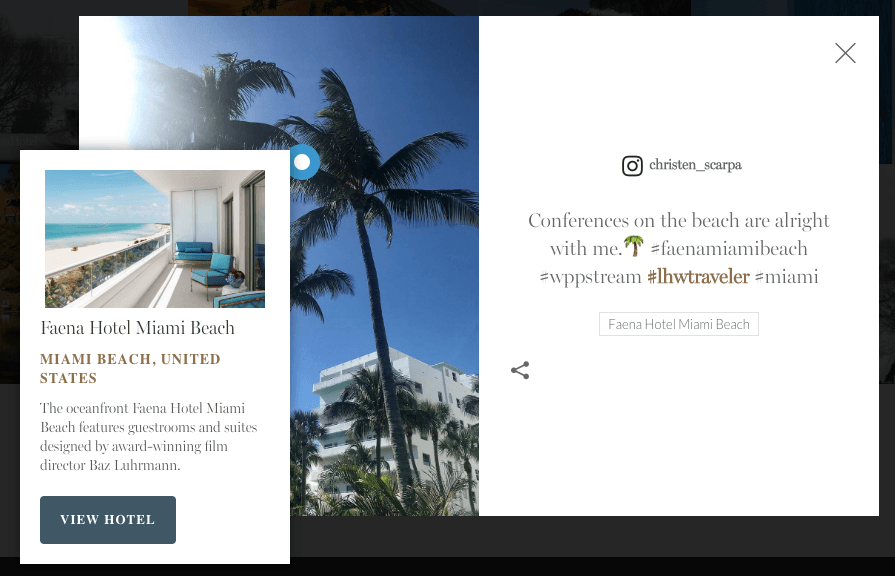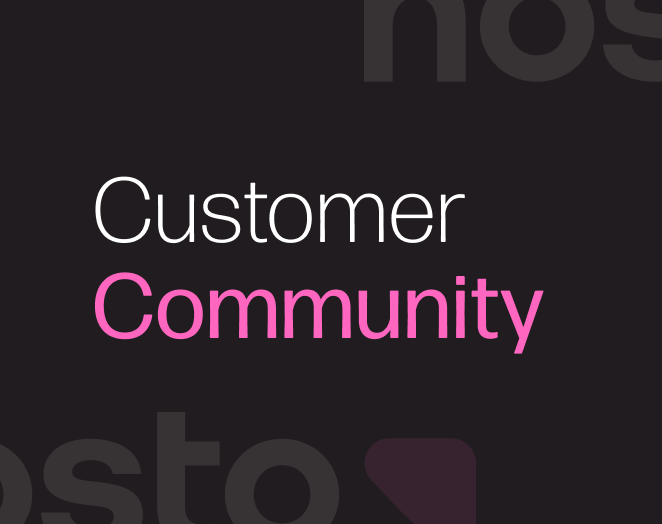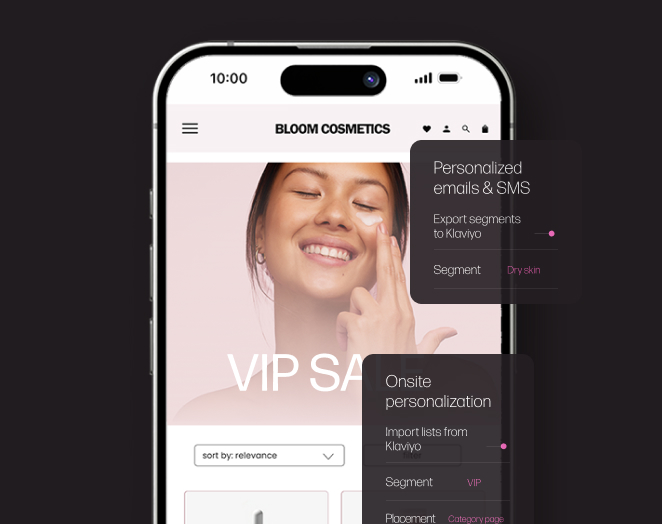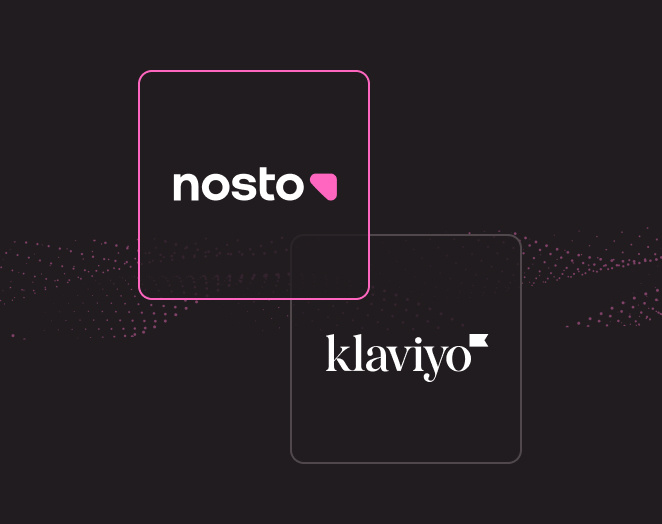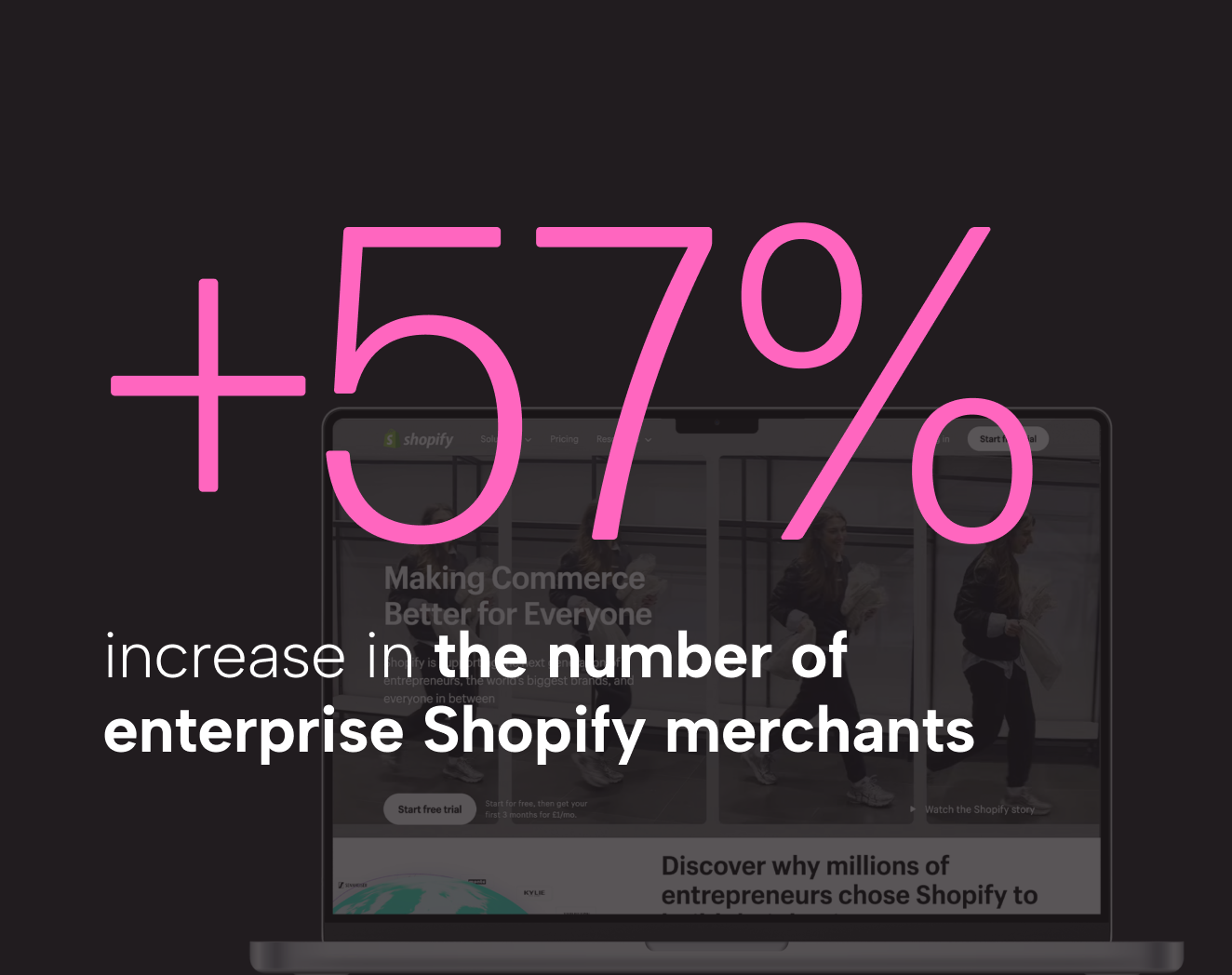Click, Book, Travel: How UGC Increases Direct Bookings
You can go with this! Or you go with that! Or you can go with this! Or… you get the picture. An iconic song, and a pretty relevant message too. These days, choosing a hotel for your travel plans is a pretty similar experience — you can go with this, or that, or that, or that (and repeat).
The consumer thought process on booking travel is pretty standard across the board — dream, plan, book, experience and share. But travelers have a lot of starting places in attempts to reach a goal of booking a beautiful, fulfilling destination trip.
The consumer journey to booking a trip isn’t linear, as Contiki’s VP of Marketing has pointed out. It shifts back and forth between points of inspiration and moments of practicality. Consumers move from being inspired by a destination photo on social media to checking on available vacation days in a matter of seconds. The cycle looks something like the rollercoaster below.
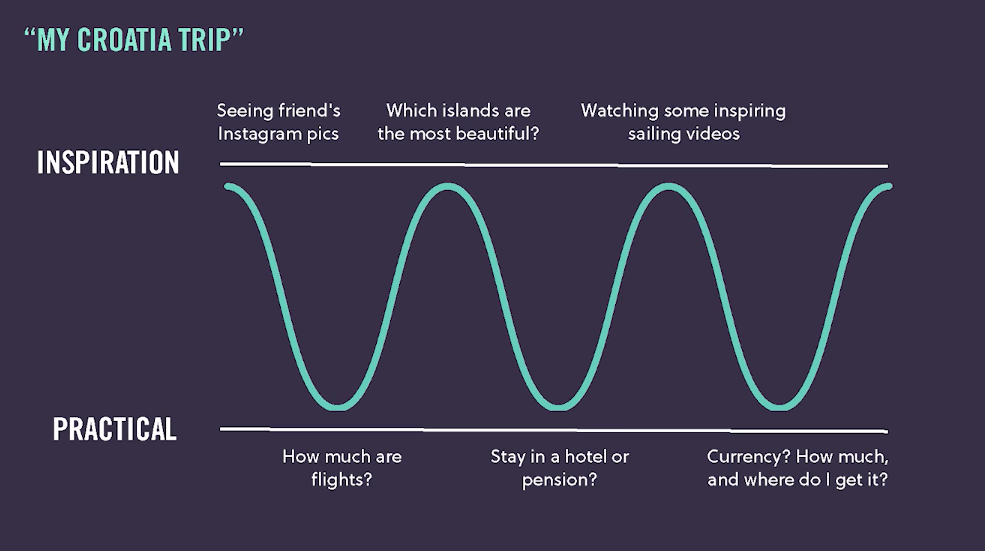
With attention spans typically stressed on the final commitment, travelers need a booking solution that will keep their focus. To be the travel, leisure and tourism brand that rises above the rest, you need to provide points of inspiration along every step of the journey — keeping consumers fully engaged on the way to, during and after booking.
Personalization at scale leads to direct bookings en masse
Personalization is now at the core of successful marketing strategies. In the travel industry, moving past personalization as a buzzword and into the era when personalization is expected is essential.
Today’s top travel brands must get smarter about how they gather and use customer data to deliver real-time, customized experiences at scale, and using those unique customer profiles is imperative — 87 percent of consumers are more likely to do business with travel brands offering personalized experiences.
When it comes to increasing direct bookings, online travel agencies (OTAs) can actually be a valuable reach channel. In fact, 50 percent of internet users will visit a hotel’s official website after discovering it through an OTA. It’s imperative that hospitality brands capitalize on this introductory touch.
As soon as a consumer arrives on the site, each step of the customer journey needs to resonate; consumers need to feel as though their exact needs are being understood and accommodated all the way down the funnel. And if they’re not, consumers won’t wait around until they do. In 2018, 48 percent of consumers reported having left a brand’s website and purchased somewhere else due to a poorly-curated experience.
The ultimate personalization goal? Deliver the perfect travel experience for each customer along every touchpoint on an individualized, trip-by-trip basis. As Sojurn’s SVP of Property Solutions, Kurt Weinsheimer, states, “I’m not a business traveler, or family traveler, or a romantic getaway traveler — I’m all those things. It just depends on the day and the hour that I’m there. Personalization has to be trip-based customization.”
Above, hop-on-hop-off tour company Busabout’s dynamic map feature allows visitors to see how many people are visiting certain locations across Europe and what they’re doing there in real-time. That’s delivering specific travel content that consumers want to see, not to mention an easy and seamless web experience on the path to get there.
By understanding traveler intent, from initial location interest to eventual direct booking, hospitality brands can consistently serve customers with content that informs, entertains — and (most importantly) resonates. Creating destination-specific content, personalized for first-time visitors and return visitors across your travel brand’s website will lead to an increase in direct bookings.
User-generated content inspires visitors at every touchpoint
The best tool your travel brand can use to deliver personalized customer experiences and increase direct bookings? User-generated content (UGC).
Leveraging traveler-created content across your travel brand’s website provides consumers with authentic destination experiences in real-time. And when 85 percent of consumers report that they’d share a positive travel experience on social media, travel brands can be sure that there’s a wealth of rich, impactful content they can tap into to create these unique experiences.
User-generated content provides consumers with what feels like insider knowledge of what a vacation will actually be like. By leveraging UGC across the website, travel brands seem more trustworthy, and travelers are less likely to delay the booking process if they feel confident in the company they are purchasing from.
Authentic traveler visuals can live in multiple locations across your digital experiences. Implementing a gallery of UGC on your site’s homepage and specific property pages ensures a consistent stream of fresh, relevant content across the customer journey, from first arrival to location research, like Leading Hotels of the World above.
If you’re still not convinced of the power of social content when it comes to generating inspiration, check out EasyJet’s new lookbook. The online “Look & Book” gives users the ability to find out where an Instagram photo was taken just by uploading a screenshot into the app, and EasyJet will source the location and recommend flights, asking the question: why just look when you can book?
This strategy makes a lot of sense. In fact, according to a Stackla report, 48 percent of consumers say they post about places they’ve visited at least twice a month, and 43 percent of consumers say they’ve made travel plans to a certain location based on a friend’s social post.
Converting lookers to bookers with actionable UGC
With UGC enabled across multiple marketing touchpoints, capitalizing on that impactful content is key. Enabling ShopSpots and ‘Book Now’ buttons on inspirational social images that send visitors directly to a property page, or even a booking engine, is a proven driver of direct bookings.
Look at Hawaii-based Outrigger Hotels & Resorts, with 37 hotels across six countries. In an effort to update their content strategy across the website, they added UGC galleries to their homepage and to each location’s specific webpage as well. In addition, they added two ShopSpots to each piece of UGC: a ‘See Resort’ button and a ‘Book Now’ button. The two calls to action have a massive impact on Outrigger’s customer journeys by lessening the clicks it takes to book and quickening the decision-making process, leaving less room for doubt.
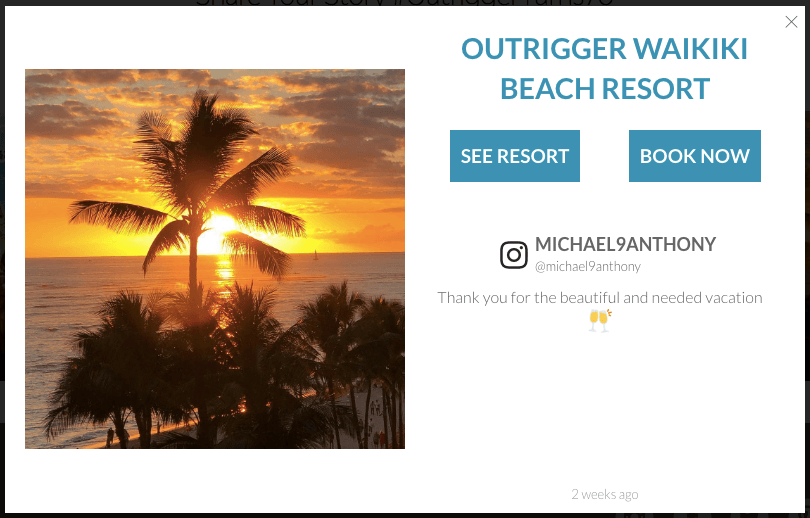
Leading Hotels of the World, a luxury resort brand comprised of more than 400 hotels in over 80 countries, also implements calls-to-action (CTA) across the rich UGC featured across their homepage. Below, a ShopSpot appears when a user clicks on a piece of traveler content, featuring interesting information about the property and a link to specific webpage.
Leveraging UGC across marketing strategies with clear CTAs and then extending that authentic content to email marketing, social media channels and other touchpoints captivates the target audiences and pulls them directly into your site, increasing the opportunity for direct bookings.
There are more than 10 million searches related to travel carried out in Google Search every month. Serving personalized digital experiences and hooking visitors with impactful, relatable user-generated content will ensure some of those searches hit your website and keep visitors inspired all the way through the journey, from dreamer to looker to booker.

